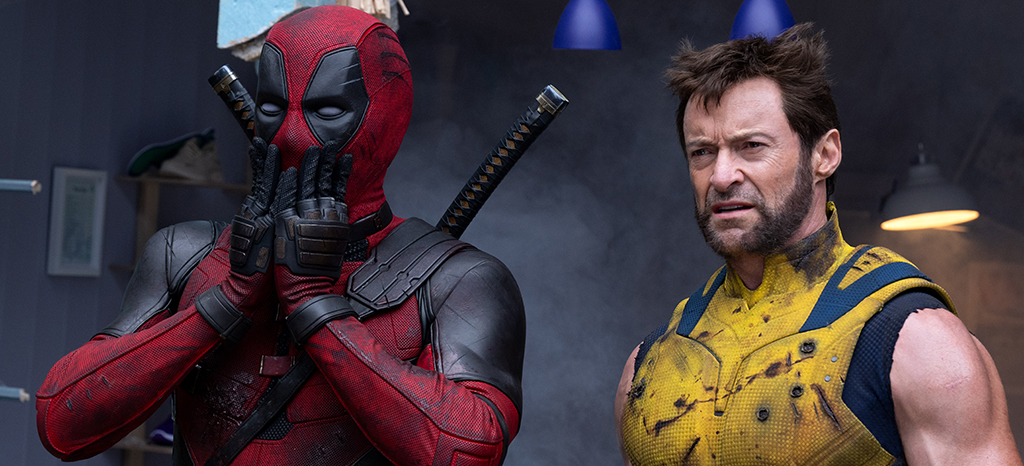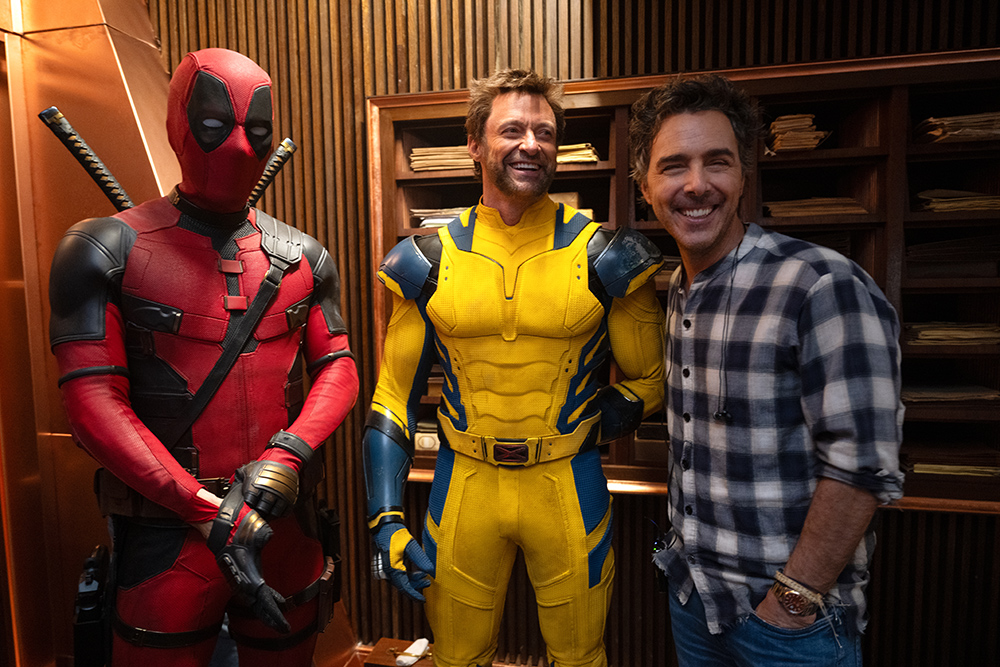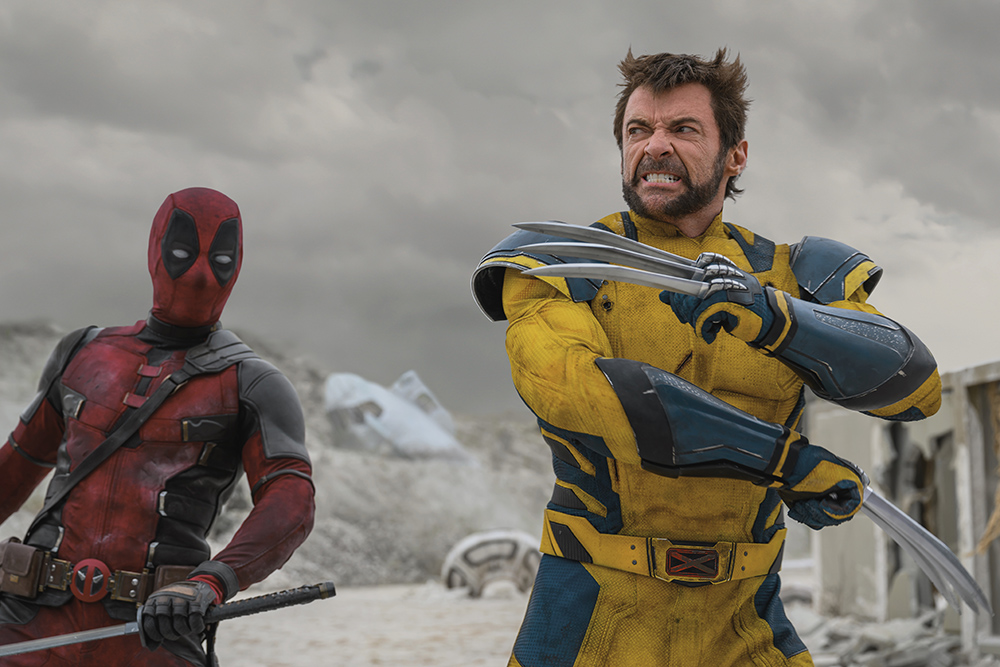
No Guest Found in this category
Deadpool & Wolverine is born from a dream that no one saw coming and is easily the most anticipated cinematic release for Marvel in quite some time.
The film provides a star-studded cast, featuring the talents of Hollywood’s favourite Canadian Ryan Reynolds and Australia’s very own Hugh Jackman.
Director Shawn Levy, Jackman and Reynolds kicked off the press tour for the latest instalment of the MCU in Seoul, Korea. Supanova excitingly had access to everything the stars had to spill about the third film in the Deadpool line-up.

Ryan Reynolds, Hugh Jackman, and Shawn Levy on set. Photo by Jay Maidment
For those who may be unaware, the first two Deadpool features were produced before Fox Studios had been bought by Disney, originally finding a home in the X-Men universe. Since the companies merged in 2019, rumours quickly spread about the fate of our beloved Deadpool.
Levy had a monumental task in his hands with this film, and such care has been taken to ensure audiences will be entertained from the first scene to the final credits. Levy said of the film’s stars: “[To] be able to unify them in a story that has action and humour and heart… it’s a privilege for any director.”
There has been a six-year gap between the release of Deadpool 2 and Deadpool & Wolverine. The main reason being simply because Reynolds wasn’t sure how to make it happen, and had to fight for it.
According to Reynolds: “My dream for the last six years has been to do a movie with these guys… and it was not easy to get them to say ‘yes’ to this. It was difficult to convince Marvel that this was the way to come out with these characters into the MCU.”

Photo by Jay Maidment
Reynolds continued with such pride and passion, “When we set out to make this film, we had a very specific North Star, and that was to deliver unbridled joy and audacity to audiences, to delight audiences all over the world.”
Despite all of the obstacles, Reynolds and Jackman have unmatched, magnetic energy. It breathes a new, powerful life force into the MCU.
This stems from the actors having such a close relationship off-set. Jackman took no hesitation to let audiences know how much Reynolds and Levy mean to him.
“Doing this movie with Ryan and Shawn, who happen to be two of my best friends in the world… this is a dream project. I am so proud of how the film came out; I am so thrilled to be back playing a role I didn’t think I would play again… that I embraced it with all my heart. I’ve never been happier playing the role.”
‘Deadpool & Wolverine’ is in cinemas NOW!
Supa-Fans can meet Wolverine co-creator Roy Thomas exclusively at Supanova Brisbane (8-10 November)!
Lead image by Jay Maidment









